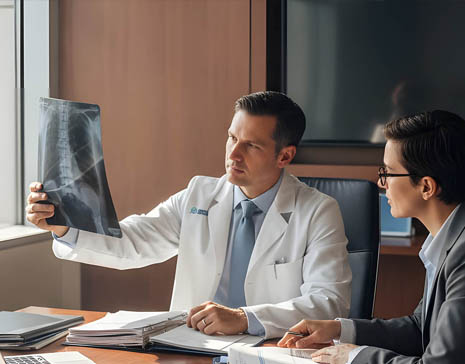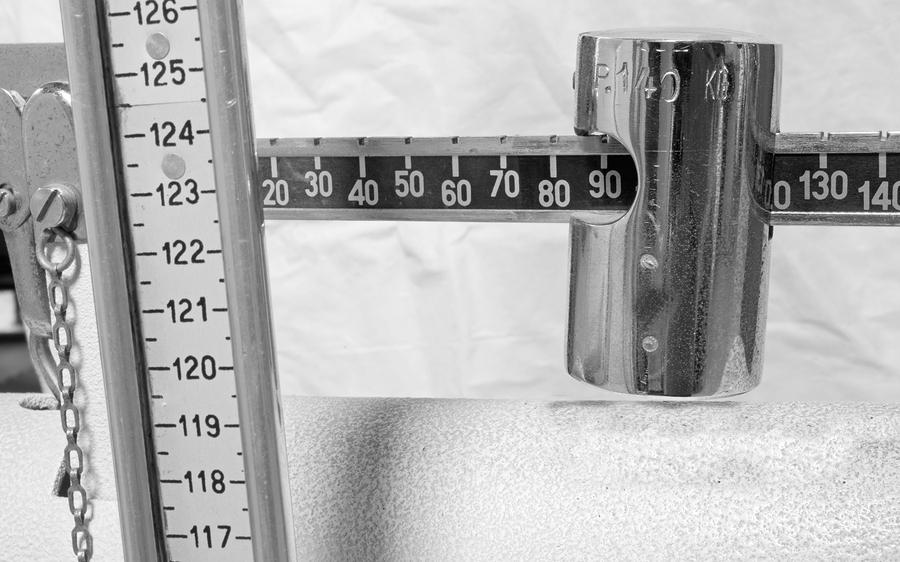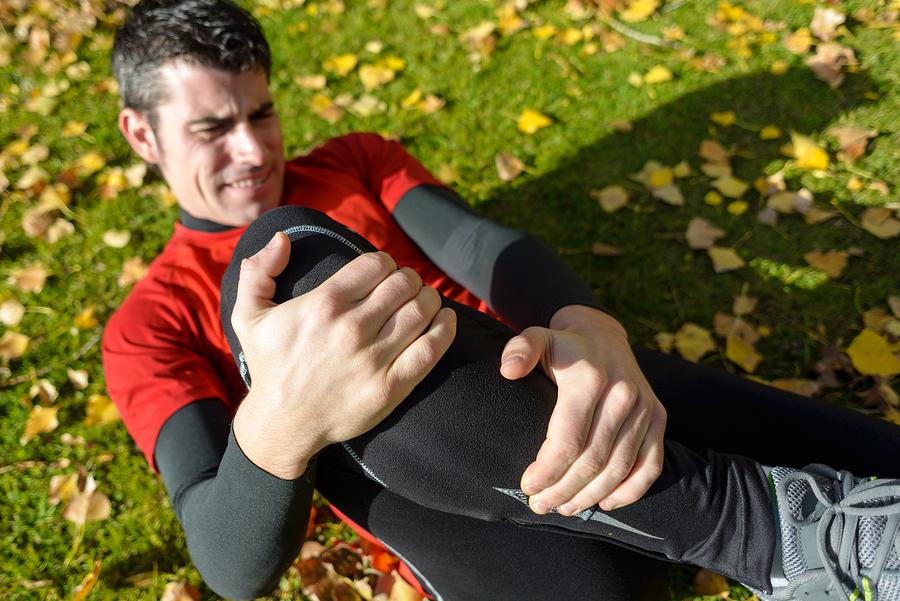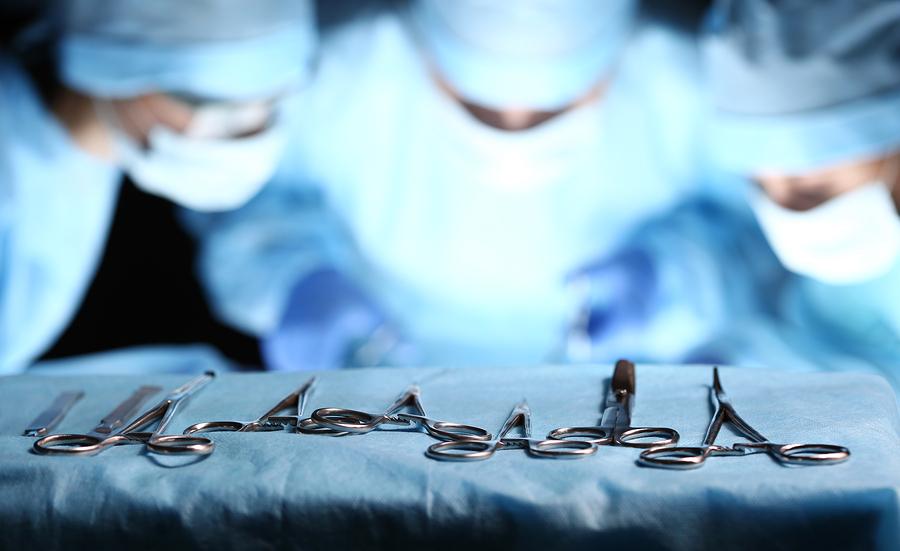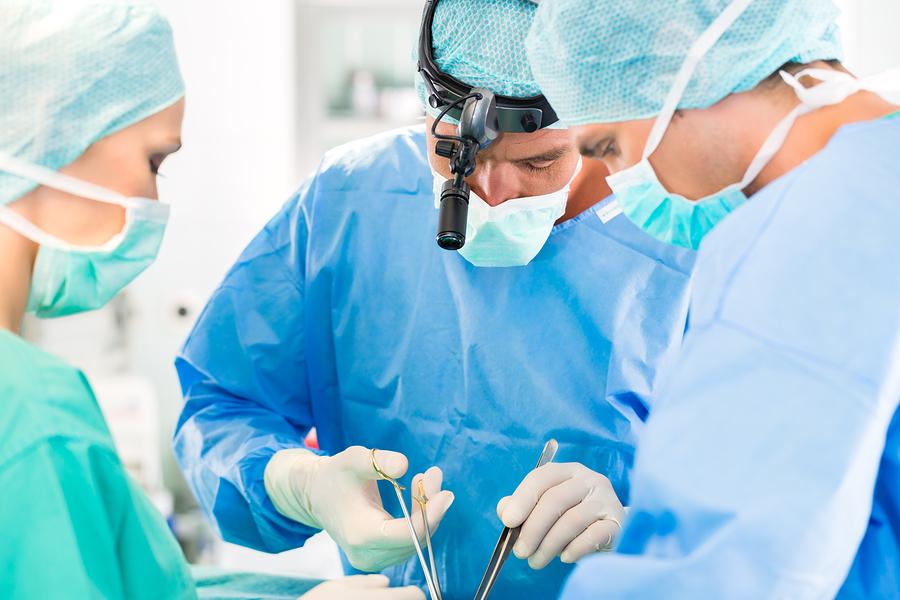Lose the Weight for a Better Surgical Outcome
We all know that keeping an eye on our weight is one of the best things we can do to maintain optimum health. This is not only because of the health benefits associated with a lower weight but also because extra weight can place additional strains on our bodies. This is especially true when considering surgical outcomes and it is now confirmed that patients who are obese are more likely to experience post-surgery complications.
Tibia Fractures in Sports
As we explored in a previous blog post treating an athletic injury can be a tricky undertaking. Whether the injury is extreme or not so serious, it is still essential to follow a strict treatment plan.
Read more
Robotics and the Future of Orthopedics
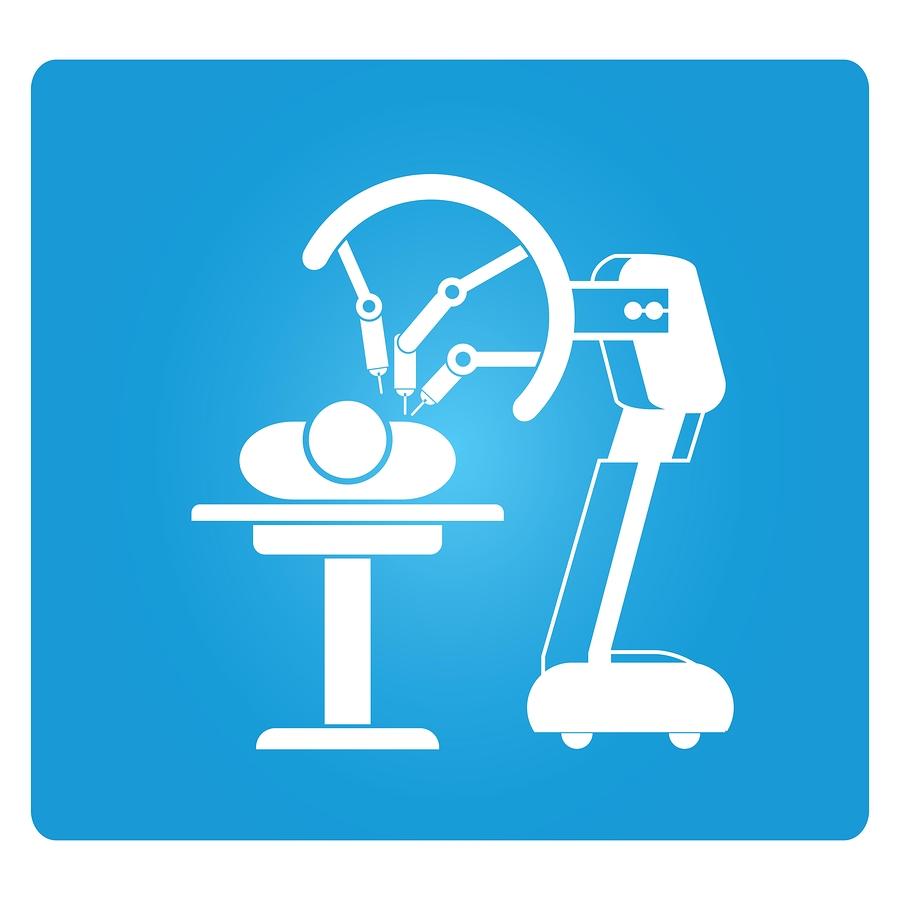
In fact, there are already two robotic orthopedic surgeons in Southwest Louisiana that can now conduct certain surgeries. It is believed that the expertise of these robots means they are able to operate with an amazing level of precision that is just not possible for human surgeons to achieve. These robots have been labelled as RIO (Robotic Arm Interactive Orthopedic System) and are the creation of Stryker Orthopaedics. At the present time, they are only being involved in hip and knee replacements. However, the results so far have been fantastic and there is of course the potential that they could expand this involvement to other surgeries soon.
Orthopedic Bone Drilling
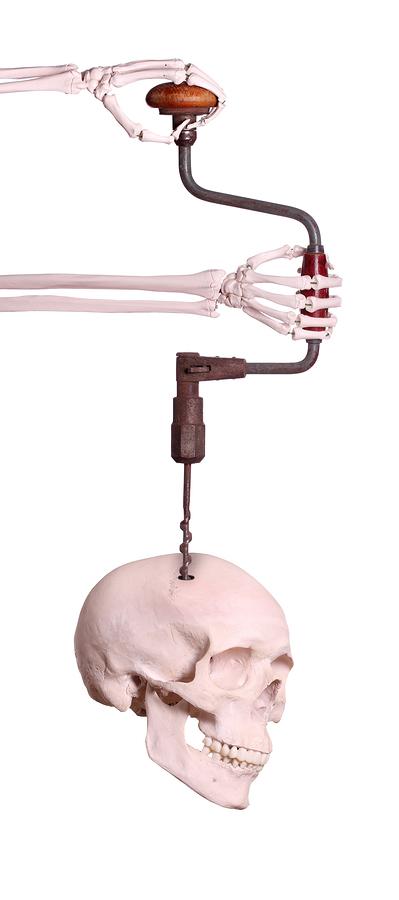
Through extensive research experts have determined that the best orthopedic drill is one that has a split point and a quick helix. It is important to cause as little thermal damage as possible when drilling through bone and this is a prime consideration during the design process. If the area around a drill hole experiences a dramatic rise in temperature than this can negatively affect the healing process and even cause permanent damage. Infection is another risk factor and it is known that blunt drill bits are often the culprit for this temperature increase occurring. The angle at which the drill is applied is also an essential consideration of this type of orthopedic surgery.
Read more
3D Printing and the Future of Orthopedic Medicine
In July of 2014, Dr Vincent Fiere, MD, performed the very first spinal fusion surgery using 3D printed spine cages! This was a breakthrough in the world of orthopedic medicine, and we are going to talk more about it today!
Preventing Surgical Site Infections
A surgical site infection is something that can strike following absolutely any surgery! When this issue is experienced an infection will develop in the particular place on the body that the surgery took place.
Read more
Auto Injury Aftercare
Car accidents are an unfortunate but inevitable part of life! With so many drivers on the roads and the existence of certain risk factors, there is no way to prevent them entirely.
Carpal Tunnel: What is it and How to Treat it
Carpal tunnel syndrome affects a large number of people around the world. More common in those with jobs that involve repetitive motions, such as typing, this problem can be irritating and painful to deal with. Carpal tunnel syndrome causes feelings of tingling in the fingers, with numbness and potentially pain in the hands and fingers. These feelings develop over time, and feel particularly strong at night. Normally, the numbness or the pain is felt the most strongly in the thumb, index finger and middle finger. Sufferers can also experience pins and needles and a weakness in finger and thumb strength.
Read more
Knee Arthroscopy Surgery
One of the most common surgical procedures that an orthopedic surgeon will carry out during their career is knee arthroscopy. Although this is a very common procedure in the present day, it was not until the 1960’s that it really came into practice. An arthroscopy is the surgical process of either diagnosing or treating an abnormality of a joint in the body. Surgery of this kind can usually be done on an outpatient basis and could require either a general or local anaesthetic. Fortunately, only a small incision is necessary. This means that the remaining scar should only be approximately a quarter of an inch.
Read more



